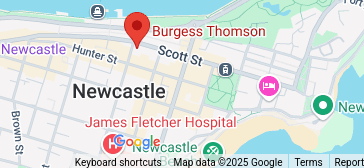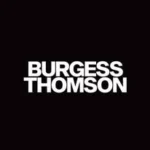Buy & Sell Agreements
Business & Commercial
Buy & Sell Agreements in Newcastle
A buy-sell agreement (also known as a buyout agreement) is a legally binding agreement between business partners or co-founders that considers how a co-owner’s share will be dealt with if one or more of the owners can no longer work for the business. The agreement can be drafted bespoke or worked into a partnership agreement or shareholders agreement.
In addition to controlling ownership of the business, buy-sell agreements set out the means to be used in assessing the value of a partner’s share. For example, if there is a dispute among owners about the value of the company or of a partner’s interest, the valuation methods included in the buy and sell agreement would be used.
Without a buy-sell agreement in place, there is a much greater risk that there will be uncertainty leading to disputes between the remaining stakeholders. Burgess Thomson can assist you with drafting a buy-sell agreement to prevent such disputes occurring.
GET A QUICK QUOTE
Enter your details for an obligation free quote.
LEARN MORE
Find out more about how we can help with Buy & Sell Agreements.
Frequently asked questions
What events trigger a buy-sell agreement?
Events that may trigger the clauses of a buy-sell agreement include death, injury or illness, divorce, retirement, major disagreement between partners, or any other occurrence that leads a co-owner to depart from the business.
Who uses buy-sell agreements?
Buy and sell agreements are commonly used by sole proprietorships, partnerships, and corporations.
What are the types of buy-sell agreements?
There are two forms of buy-sell agreements:
- Cross-purchase agreement – the remaining owners purchase the share of the business that is for sale
- Redemption agreement – the business entity buys the share of the business
What are the capital gains tax implications?
Depending on the business structure and the way the buy-sell agreement operates, the insurance policies may be self-owned by the owners or taken out over the lives of the other owners, or they may be owned by the company or a trustee of a super fund.
If a buy-sell agreement triggers payment of a life insurance policy, it will be exempt from CGT provided the gain or loss is made by:
- The original beneficial owner of the policy;
- An entity that acquired the policy for no consideration;
- The trustee of a complying superannuation fund.
A trauma or total and permanent disability insurance policy is subject to CGT if it is owned by the business. Only a trauma or total and permanent disability insurance policy owned by the insured is exempt from CGT.




